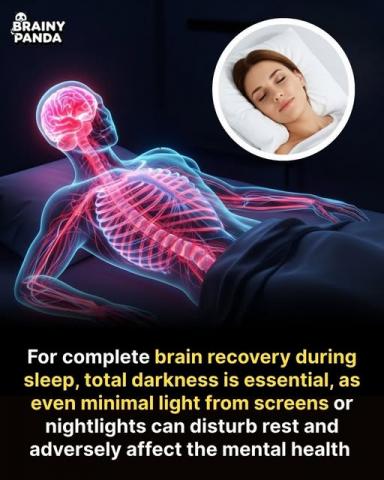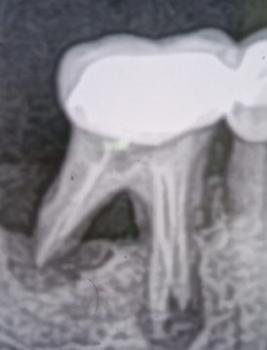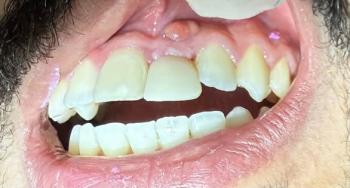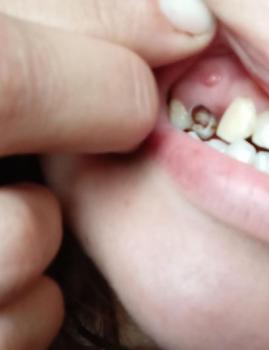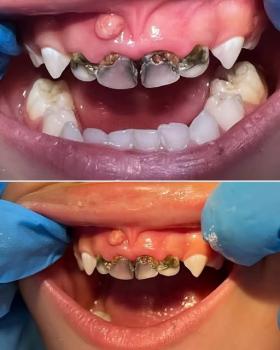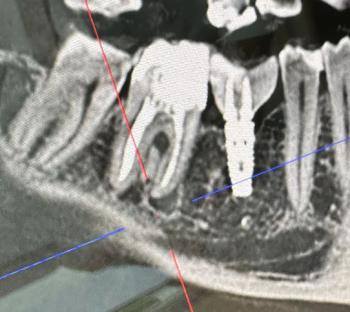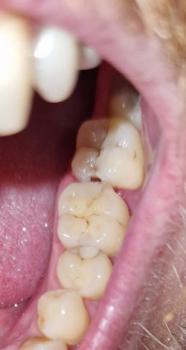Your Smile, Perfected with Precision.
The Secret to Healing Your Teeth is Hiding in a Deep, Dark Room
When you think of healing a cavity or recovering from a dental procedure, you probably think about brushing, flossing, and your diet. But what if we told you one of the most powerful tools for oral health is already in your bedroom?
It’s true. The quality of your sleep directly impacts how quickly and effectively your body can repair your teeth and gums.
Sleep: Your Mouth's Night Shift
Think of deep sleep as the "night shift" for your body's repair crews. This is when your brain and body undergo vital recovery and maintenance. For your oral health, this means:
-
Increased Blood Flow: Healing tissues need nutrients and oxygen. During deep sleep, blood flow increases, delivering these essentials to your gums and the roots of your teeth.
-
Reduced Inflammation: Sleep is a powerful anti-inflammatory. Conditions like gingivitis and periodontitis are inflammatory diseases. Quality sleep helps calm this inflammation, creating a better environment for healing.
-
Cellular Repair & Regeneration: This is when your body produces the building blocks needed to repair damaged cells and fight off the bacteria that lead to decay.
Why Total Darkness is Non-Negotiable
For this "night shift" to be most effective, they need the right working conditions: total darkness.
Even small light sources—a nightlight, a charging LED, or the glow from a hallway—can interfere with your brain’s natural repair cycles. Light exposure at night lowers the production of melatonin, the master hormone that regulates sleep.
When your melatonin is disrupted, so is your sleep quality. You might not reach the deep, restorative stages of sleep where the most critical healing occurs. Over time, this poor sleep can lead to higher levels of the stress hormone cortisol, which is known to worsen gum disease and slow down all healing processes.
A Tale of Two Healers: Peter vs. Jordan
Let's make this real with a simple story.
Peter had a deep dental cleaning to treat his gingivitis. He was diligent with his oral hygiene but was also binge-watching a new show late into the night, his face illuminated by the blue glow of his tablet. His room was never truly dark.
Jordan had the same procedure. He was also diligent with his brushing and flossing. But each night, he made his room a deep, black cave. He used blackout curtains, covered every electronic light, and prioritized 7-8 hours of uninterrupted sleep.
A week later, who do you think was healing faster?
While both were doing the "right" things during the day, Jordan's body was working overtime at night. His gums were less inflamed, his sensitivity was reduced, and his body was efficiently repairing the work done during his appointment. Peter, despite his best daytime efforts, was giving his body a handicap, fighting an uphill battle against poor sleep.
Your Action Plan for a Healthier Smile
Innovating your sleep routine is simpler than you think. Give your body's repair team the dark environment they need to work their magic:
-
Invest in Blackout: Use blackout curtains or a simple sleep mask.
-
Banish Electronics: Remove phones, tablets, and TVs from the bedroom. If you must have them, cover all LEDs with black electrical tape.
-
Establish a Ritual: Create a calming, screen-free pre-sleep routine to signal to your brain that it's time to wind down.
By prioritizing deep, dark sleep, you’re not just fighting fatigue—you’re actively giving your teeth and gums the best possible chance to heal, strengthen, and thrive. It’s the easiest dental treatment you’ll ever do.
healthy food:

